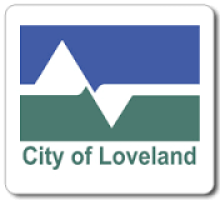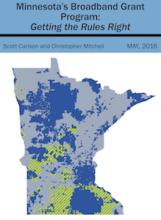Estes Park, CO, Moving Ahead One Year After Opt Out Vote
Estes Park, Colorado, recently moved into the design engineering phase as it considers how to bring high-quality connectivity to businesses and residents.
One Step At A Time
With a $1.37 million grant from the Energy Mineral Impact Assistance Fund, the Colorado Department of Local Affairs (DOLA) is providing the funding to proceed with the engineering phase. Larimer Emergency Telephone Authority (LETA) is providing additional grant funding to extend the project further to include a wider geographic area for 911 and public safety purposes.
This phase of the project should be complete by next summer and will result in a shovel-ready plan. At that time, the Town Board will consider the information and decide how to proceed. The goal is to develop a network to make Gigabit per second (1,000 Mbps) capacity available to the Estes Park Light and Power service area.
So Far, So Good
Last fall, 92 percent of those voting on the issue chose to opt out of SB 152, the restrictive state law that prevents Colorado local governments from offering telecommunications services or advanced services or partnering with private partners to do so. Since then, they have hired a consultant to draft a feasibility study and examine model business options.
The community’s municipal electric utility already has fiber in place, and has the personnel, knowledge, and significant assets to ease the operation and management of a Fiber-to-the-Home (FTTH) network utility. The consulting firm estimated that, if the city chooses to deliver services themselves, they should focus on Internet access rather than adding video and voice to the list of services. Estimates for the project are approximately $27 - $30 million.
For video of the community's Project Stakeholder Kickoff Presentations, check out their Broadband Initiative page.










